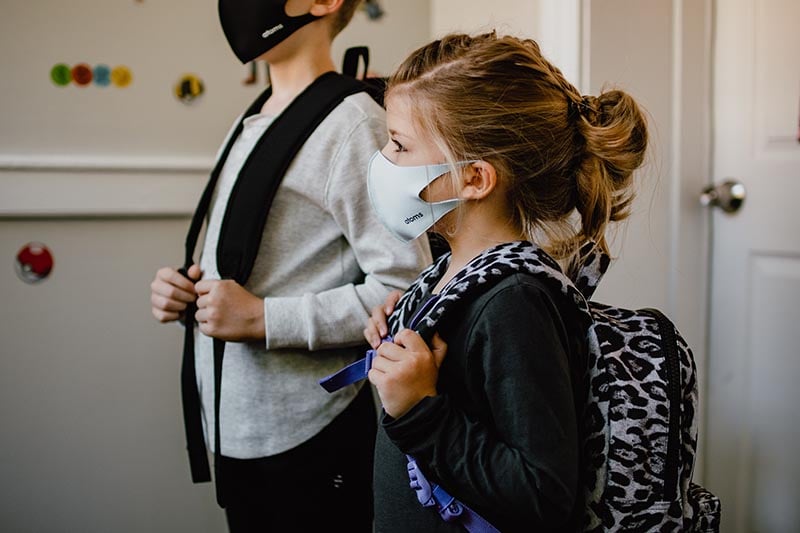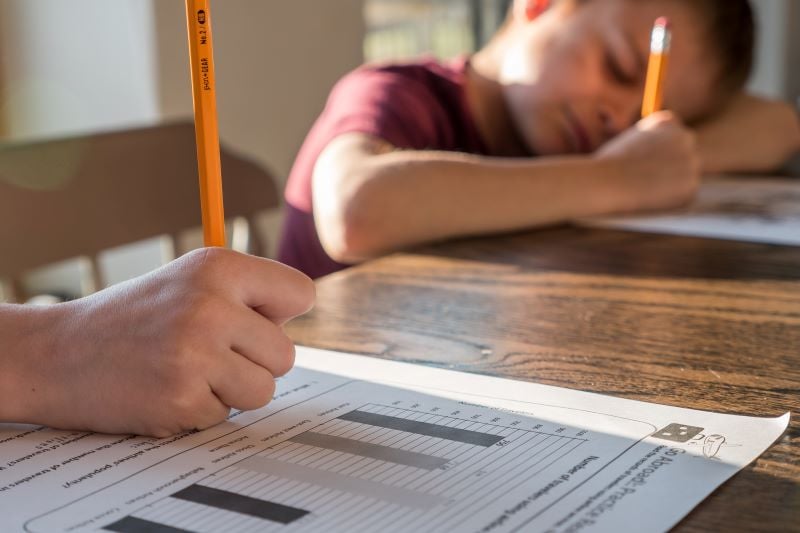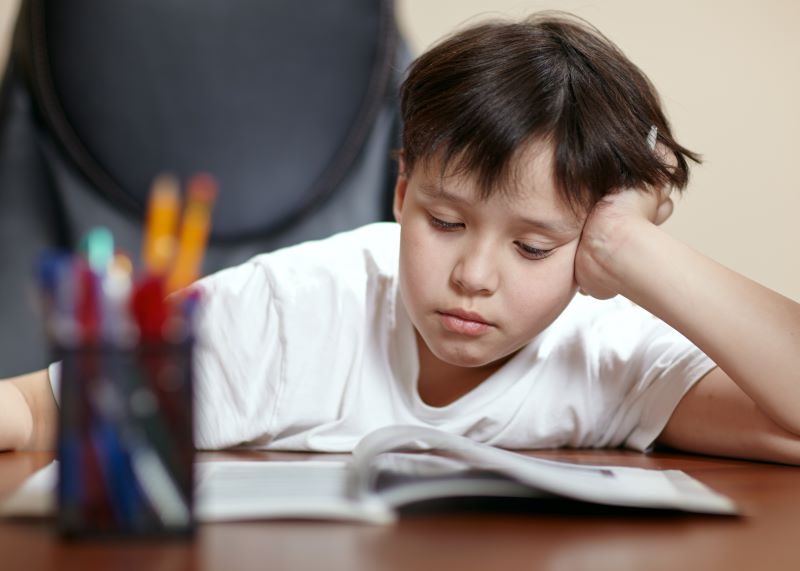
The COVID-19 pandemic, which emerged in the late 2019, has caused a detriment for students across the globe. One of the significant areas affected has been the education for young children in the United States. School closures, disruptions to learning routines, and the shift to remote and hybrid learning models have resulted in substantial learning loss among America's youngest learners. Here, we will explore how COVID-19 has caused learning loss in young children and discuss the challenges and potential solutions.
The Scale of Learning Loss
The pandemic forced schools nationwide to close their doors temporarily, leaving students and educators to adjust to virtual learning environments. While these measures were necessary for public health, they came with unintended consequences. According to a report by McKinsey & Company, students in the United States lost, on average, three to four months of learning in the 2020-2021 school year. Young children were particularly vulnerable to this setback, as they rely heavily on their in-person interactions and hands-on learning experiences in schools.
Disruption of Routine
Young children thrive on routine and structure. The sudden shift to remote learning disrupted their daily schedules and left many feeling disconnected from their teachers and classmates.
Limited Interaction
Social interaction is vital for children's development. Isolation from peers during lockdowns and restrictions on gatherings interfered with their social and emotional growth.
Technology Gaps
Not all families have equal access to technology and high-speed internet. This digital divide amplified the inequality present in education, leaving some children at a significant disadvantage during online learning.
Parental Involvement
Many parents were rushed into the role of educators, juggling their work and teaching responsibilities for their child. The varying levels of parental involvement had a direct impact on a child's learning experience.
Consequences of Learning Loss
The learning loss experienced during the pandemic can have profound and long-lasting consequences for young children:
Academic Gaps
Children who fell behind in reading, math, and other foundational skills may continue to struggle as they progress through school, leading to persistent achievement gaps.
Emotional Well-being
The disruption in routines and limited social interaction could lead to increased stress, anxiety, and feelings of isolation among these young learners.
Loss of Interest
Some children may lose interest in learning altogether due to their negative experiences during the pandemic.
Widening Disparities
The learning loss heightened existing educational inequalities, disproportionately affecting low-income and marginalized communities.
Addressing the Issue
In order to reduce the impact of learning loss in young children, it is crucial to take proactive steps such as:
Targeted Interventions
Schools should identify students who have fallen behind and provide targeted interventions, such as tutoring, additional support, and summer programs.
Social and Emotional Learning
Include social and emotional learning (SEL) into the curriculum to help children cope with stress and build resilience.
Increased Connectivity
Efforts must be made to bridge the digital divide, ensuring that all students have access to the necessary technology and internet connectivity.
Parental Engagement
Schools can offer resources and guidance to parents to support their children's learning at home.
Flexible Learning Models
Explore innovative learning models that allow for flexibility while maintaining high-quality education, including blended learning and personalized learning plans.
The COVID-19 pandemic has undoubtedly disrupted the education of young children in the United States, leading to significant learning loss. As this event has never really happened before, it is our job to work through this issue for the betterment of the children in our communities.
To address this issue, it is essential for educators, school board officials, and communities to work together. By implementing targeted interventions, focusing on social and emotional well-being, and addressing technology disparities, we can help young learners recover from the challenges posed by the pandemic and ensure they have a strong foundation for future success. It is our collective responsibility to secure and aid the educational development of the next generation.
Here at Genie Academy, we can help your child reach their full potential! We offer classes in reading, writing, coding, common core, and abacus math. Call today to schedule a free assessment at 732-659-4364





